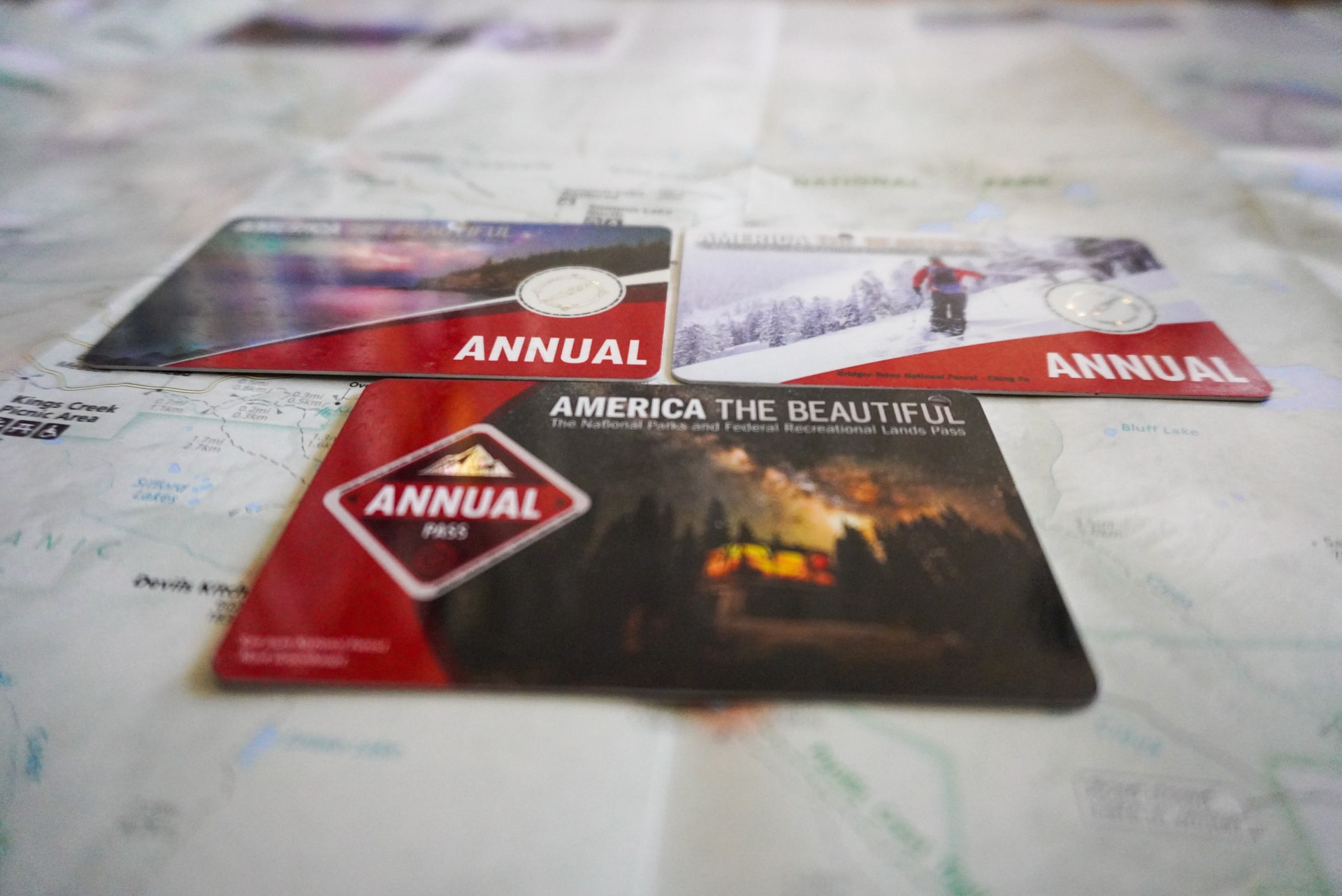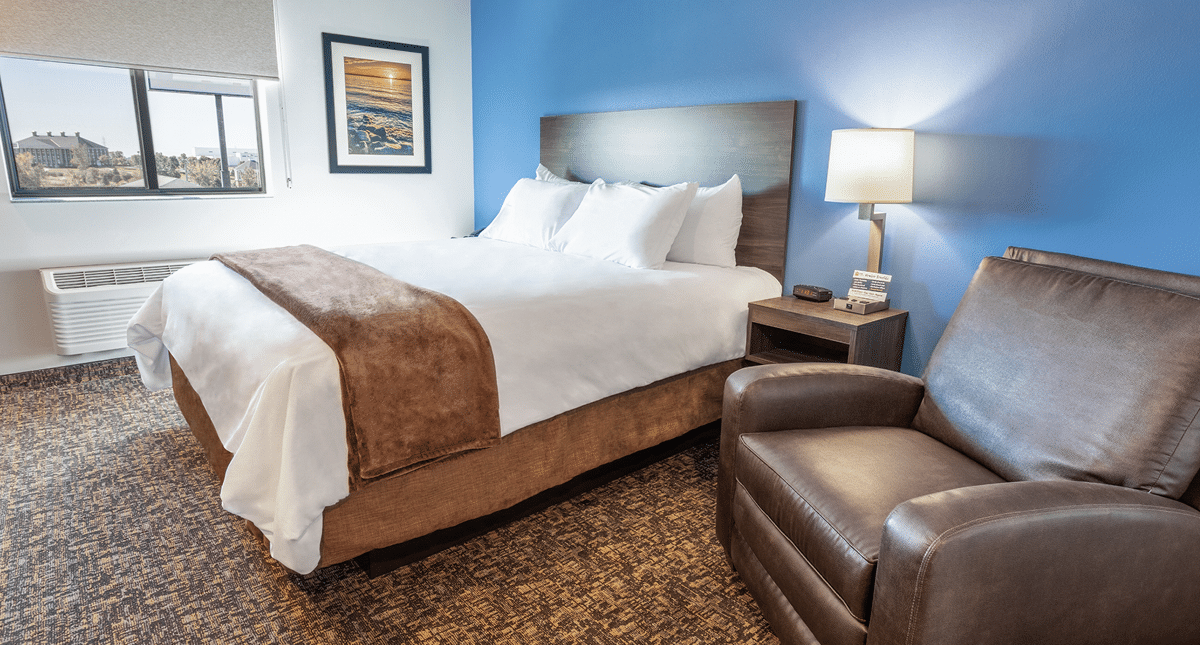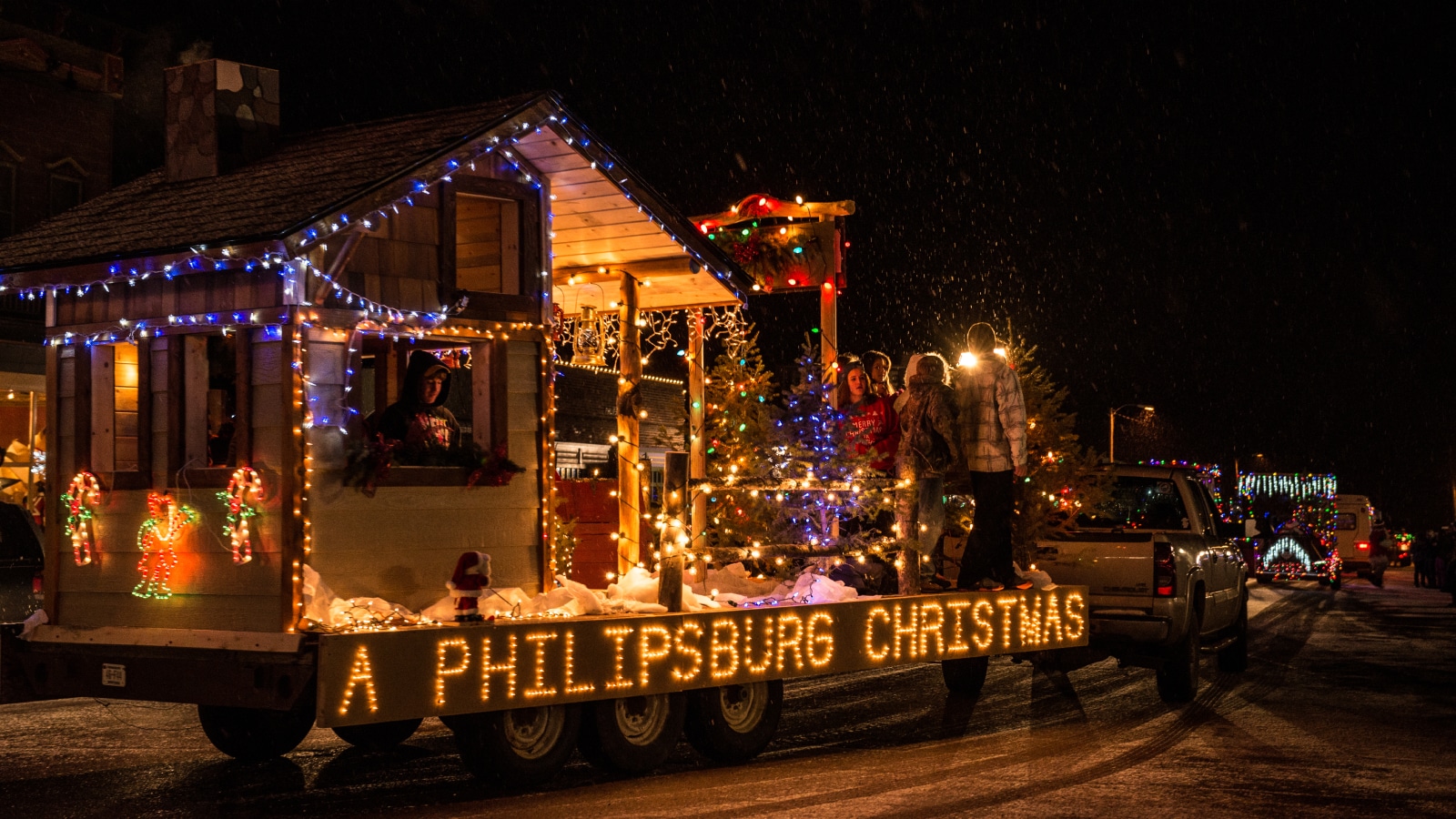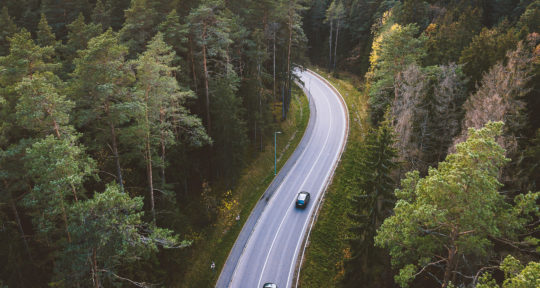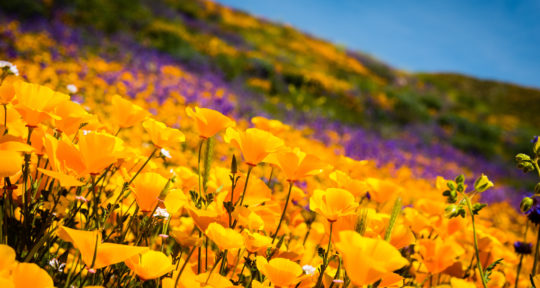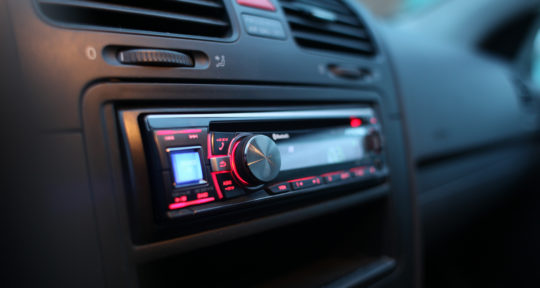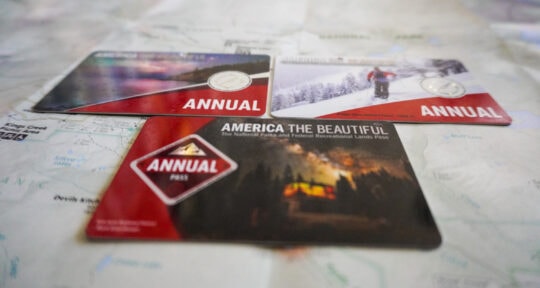Spending a night or two (or seven) camping in nature is one of the best ways to reconnect with your essential humanity and recenter yourself away from the hustle and bustle of our modern lives. But venturing out into the woods, mountains, deserts, or beaches requires just a little bit of wherewithal to make sure that you don’t muck up the entire experience for yourself, for others, or for the natural world you’re out there to visit. Don’t be intimidated, though. Follow these basic steps and you’ll be off to a great start.
Basic planning
Having a plan isn’t just a good rule of thumb, it’s also the first rule of practicing Leave No Trace principles. This goes beyond simply having a campground chosen and knowing where you want to stop for a burger along the way. Consider some of these important questions:
- Does the campground have potable water? If not, then you’re going to want to bring at least a gallon per person per day.
- Does the campground allow camp fires? If not, you probably don’t need to bring 50 pounds of wood. And if you were planning on cooking hot dogs over an open fire, you now know that you’re going to need to bring some kind of stove (or resign yourself to eating cold hot dogs).
- What’s the weather going to be like? In other words, how will you need to dress, and how thick of a sleeping bag do you need to bring to ensure than you remain comfortable and return with all of your toes?
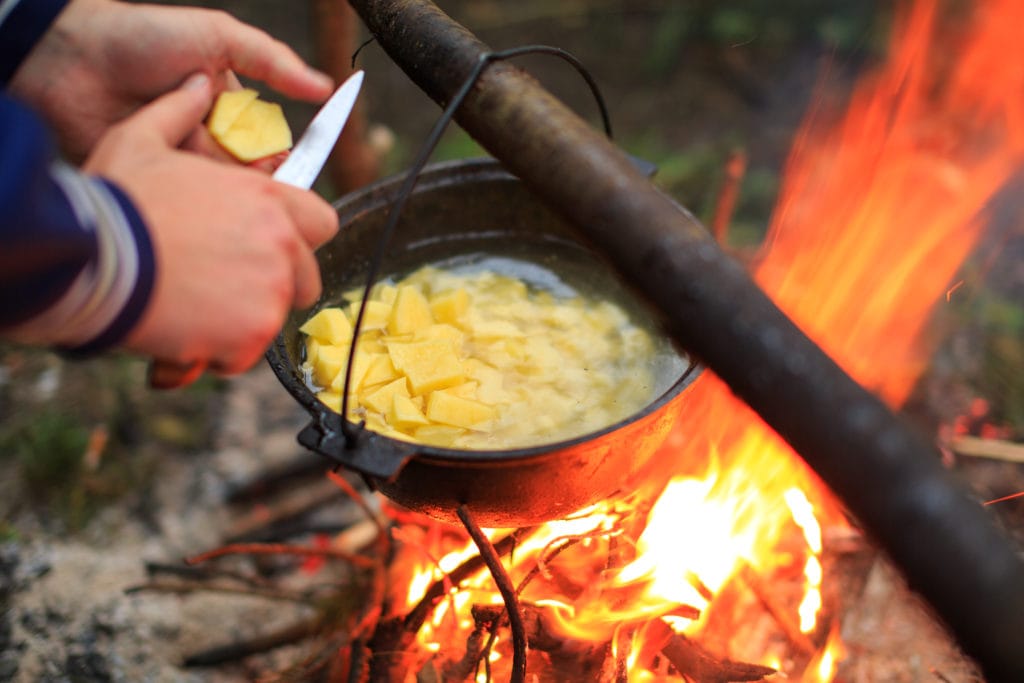
These are just a few of the basic planning questions. Taking this homework seriously and doing a thorough job will really pay off. From learning about the current road conditions to what hazards you may encounter to finding out that there’s a super-bloom on your way that you wouldn’t want to miss, you’ll be glad you came prepared.
Be a good neighbor
For most of us, this is a no-brainer, but I still have to say it: Be respectful to those around you. This includes not running a generator past quiet hours, not walking through other people’s campsites, not smoking if the wind is blowing their way, and not swearing around their kids.
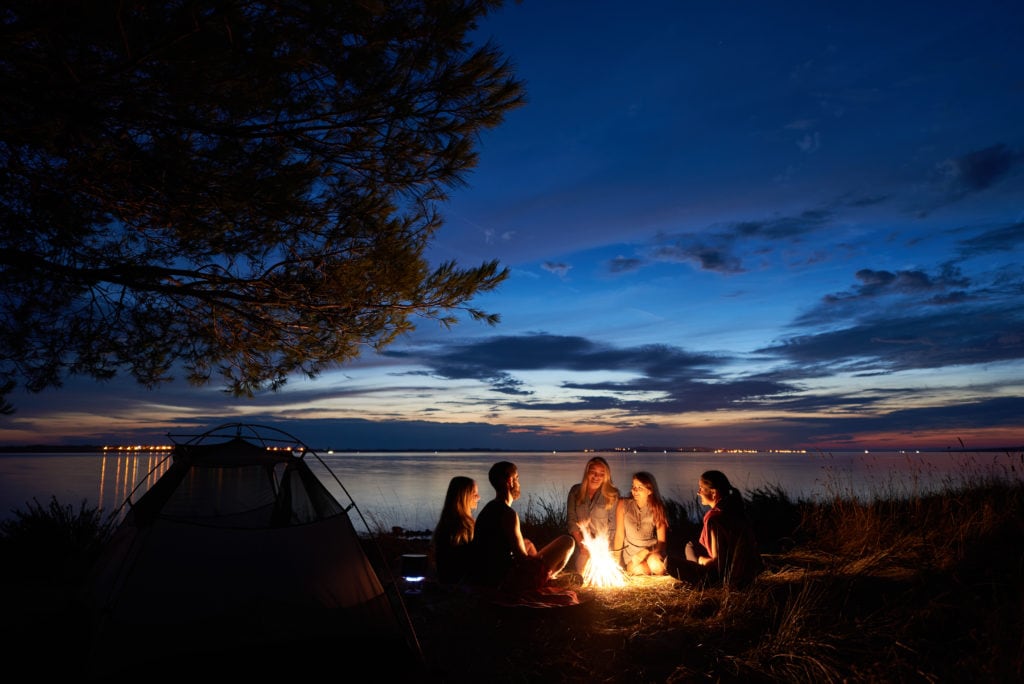
Maybe you like to listen to loud music. But consider the experience of your fellow campers. People may have come to the woods to hear the birds and connect with nature. And while playing guitar around a campfire is one of my favorite things on the planet, if it’s late and somebody asks you to keep it down, be cool about it. You can always tell ghost stories until everybody is ready for bed.
Fire smarts
Fire is nice and warm. It can cook food, cast light, and provide a gathering place after it gets cold. Oh, but it can also completely wreck you, your stuff, and the ones you love. So, whatever you do, be smart about fire. This includes not lighting one when the winds are high or the weather is questionable. You also want to make sure your fire is in a place where fires have been before, so you’re not charring new ground and causing damage to the surrounding ecosystem. In California especially, adhere to “burn it where you buy it” principles to avoid spreading invasive species that can kill native trees.
But even beyond the risk of causing damage, there are things you can do that will greatly improve your fire experience. For instance, only use truly dry wood. Damp wood will not only be tricky to light, but it will smoke like crazy. Avoid burning treated or painted wood. You may have a lot of lumber lying around after you pulled down that old fence, but those fumes are not good for you (or anyone else) to breathe. Make sure you keep flammable items well away from the sparks. And if you don’t have a lot of experience starting fires, don’t expect to just go out there and get it going the first time. I would recommend reading about the “upside down fire” method. It’s counterintuitive, but it’s given me incredibly reliable results with minimal effort.
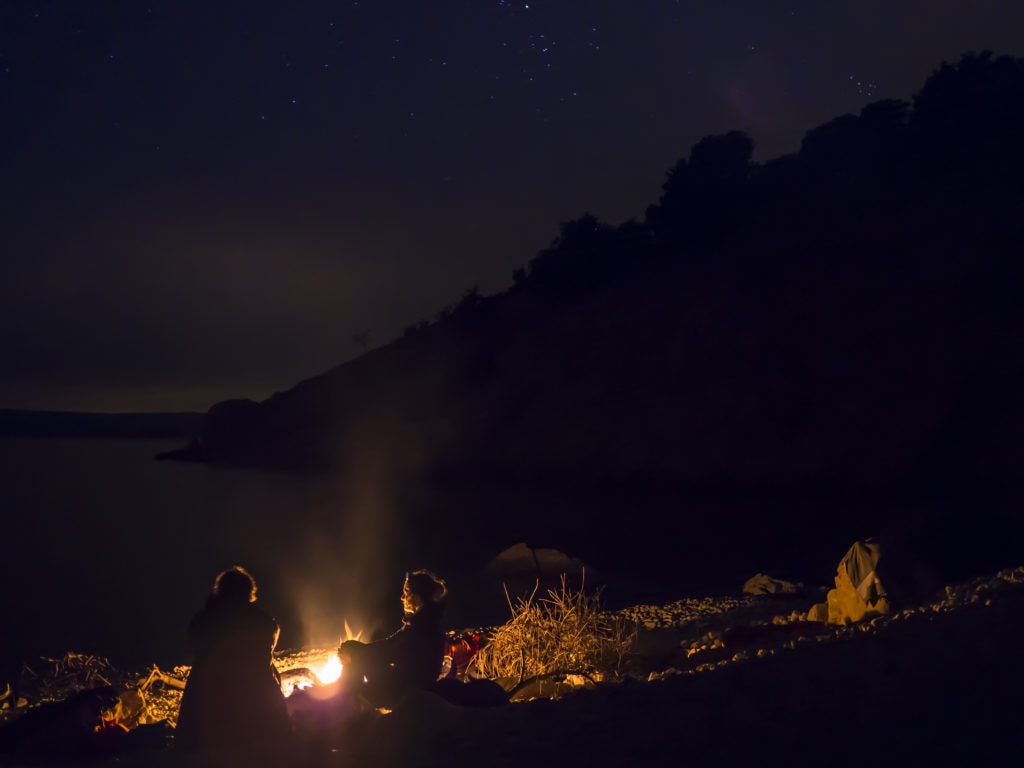
Lastly, when you’re ready to crash for the night, make sure your fire is completely out. Smother it with sand or douse it with water. Leave no embers that could spark in a gust of wind and burn your tent down.
Potty-training
We’ll keep this part short—if you’re at a campground that has full bathrooms, then you probably don’t need to read this section (just don’t flush anything weird down the toilet and you’re generally fine). But as things start to get more rustic, it gets a little trickier. Again, do your research and find out what facilities are available and, if none, find out what the recommended techniques for disposing of human waste in that specific area are.
Know what’s at stake
This is a small one, but it can really trip you up. I mean both of those things literally. One of the most common injuries while camping is stubbing your toe on a tent stake or tripping over the guy line from your tent. Don’t be that person! Use a hammer or a flat rock and really pound your stakes until they are flush with the surface of the ground. If you can’t get them in that deep, then use some old tennis balls with holes cut in them to mark them and provide a little protection. For the guy lines, if they’re long, bring some brightly colored ribbon or tape (ideally reflective) and mark them so they’re easy to see, even at night.
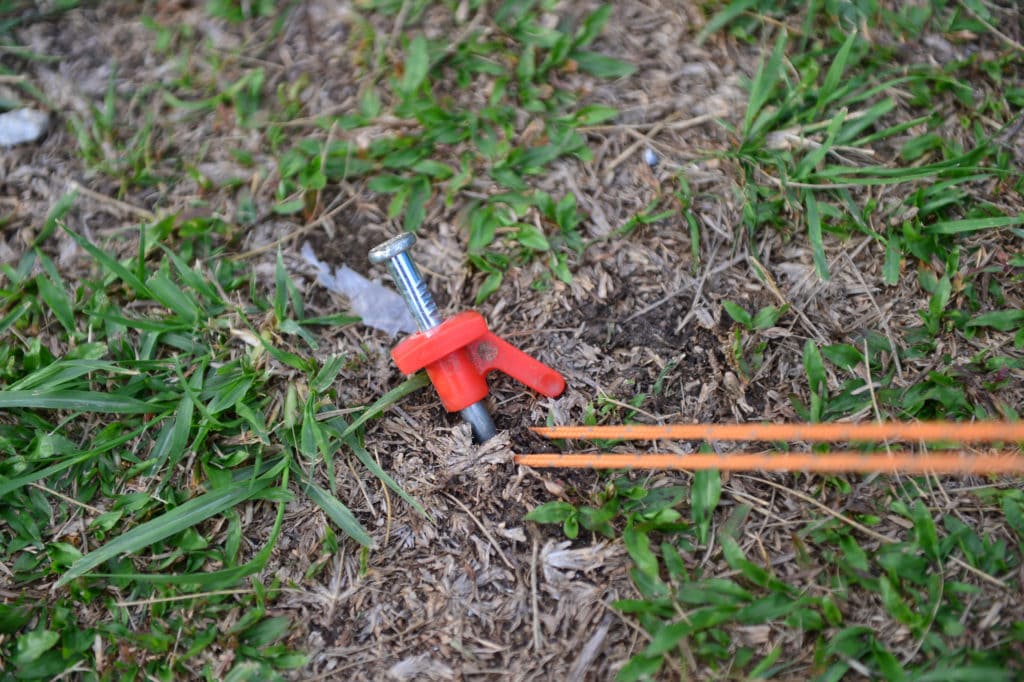
Clean up before bed
Yes, you’ve spent all day hiking in the sun, and all you want is the sweet embrace of your sleeping bag. Well, suck it up for another five minutes and tidy up your campsite. The two main things you need to stow are: Anything that may blow away, and food items. You really don’t want to be the person that attracted a pack of ferocious raccoons into camp, leaving you without your precious snacks for the next day. And as bad as raccoons would be, I promise you that a family of bears would be even worse. Get everyone to pitch in before bed and you’ll be done in no time.
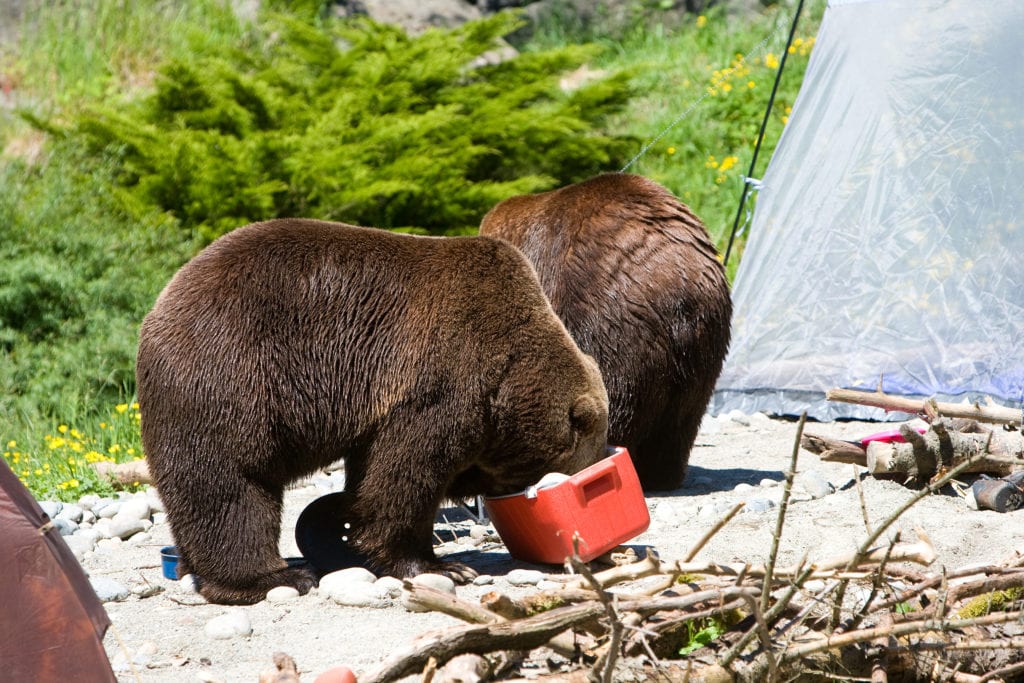
Pack it out
Another core Leave No Trace principle: You brought it in, you can bring it out. This doesn’t apply as much to developed campgrounds that have dumpsters, but for the more rustic spots, pack it up and bring it back out. This may involve a little planning (as in bringing some garbage bags or reusable bags from the grocery store). Any litter, uneaten food, broken tent poles, you name it—take it out with you and dispose of it properly once you get back to civilization. And don’t simply toss your empty beer cans into the fire pit before you leave. In fact, make the camp better than when you found it. Consider picking up some extra trash and pack that out, too.
Do an “idiot check”
You’re ready to leave and you’ve packed everything up. But wait, did you really pack everything up? Now’s the time to do a double-check and sweep the whole campsite. Ideally, you would do this with friends to cover ground more efficiently. Check under tables and benches. Make sure you didn’t leave any stakes stuck in the ground around your tent. Triple-check that your fire is completely, 100 percent out. I once left an expensive multi-tool at my campsite, never to be seen again, all because I was in a rush to get out of there. Don’t let that happen to you.

